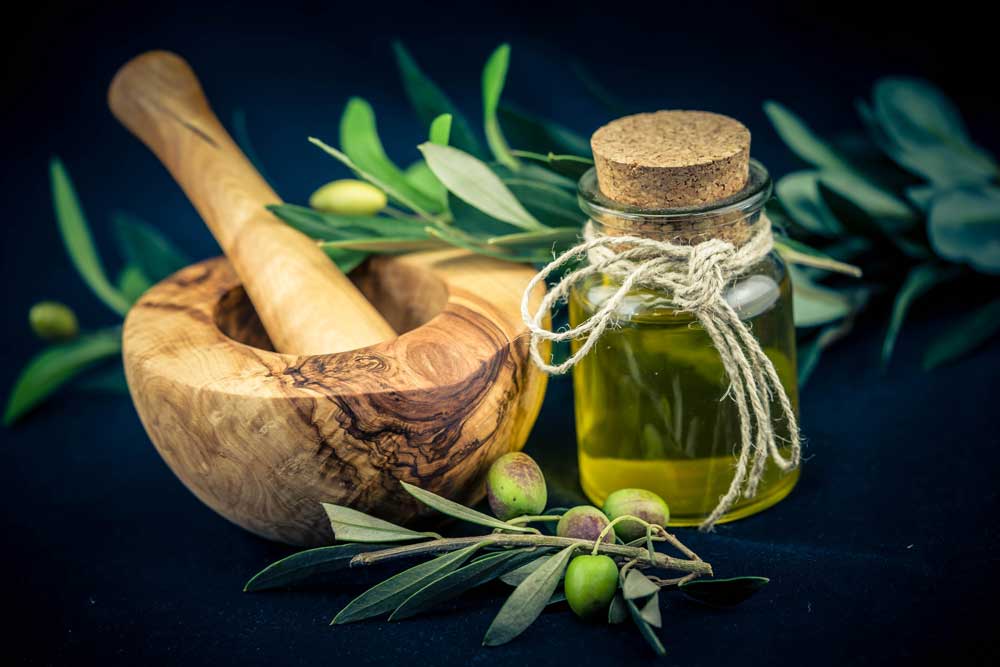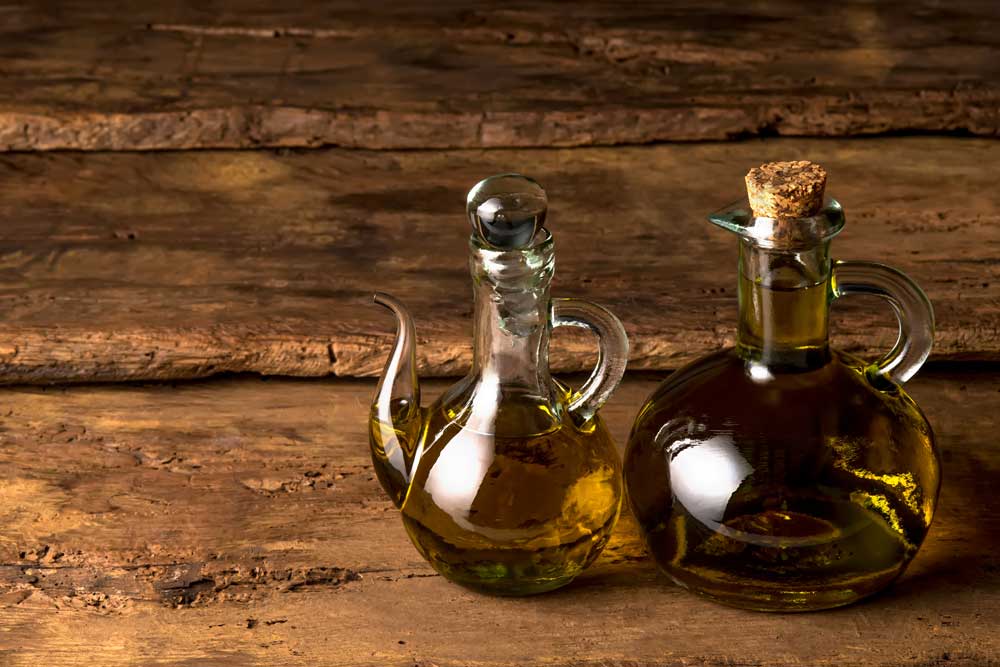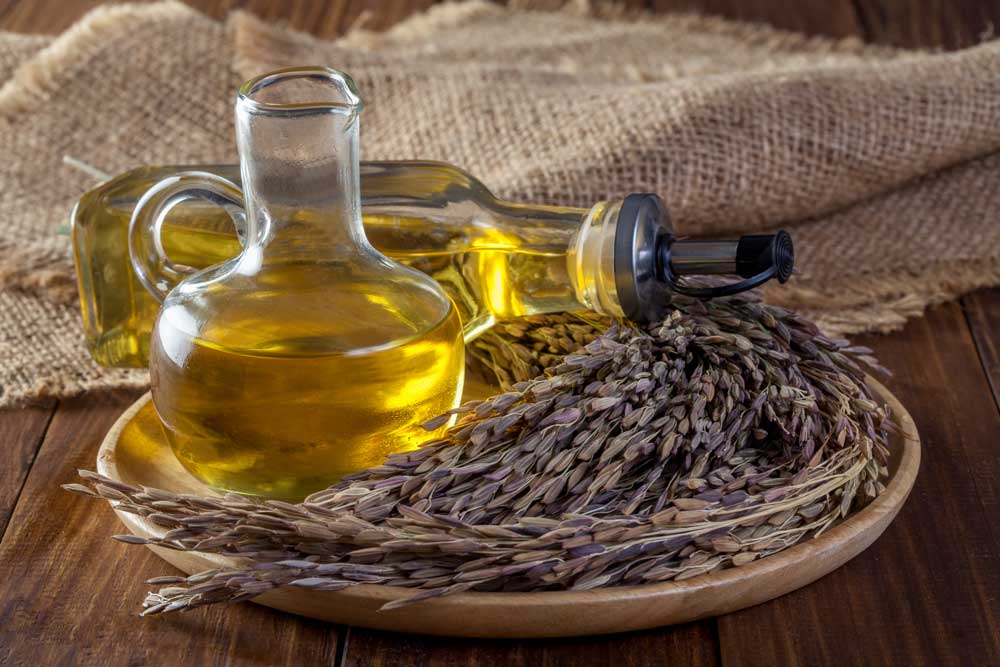Indians, particularly those living in cities, have recently rediscovered their culinary heritage and its wide range of cultural and health benefits. With a growing focus on traditional diets, there is a newfound appreciation for the ingredients that form the backbone of Indian cooking. This re-learning of the past guides us toward a healthier, more holistic way of eating. At the centre of this shift is the recognition of the value in cooking oils made from seeds and nuts, which have been used in Indian kitchens for generations.
Traditionally, oil extraction in India was an artisanal process. People would take their seeds and nuts to local mills to have them cold-pressed or wood-pressed, yielding oils that retained all their natural benefits. These methods ensured the oils were free from chemicals and additives, unlike the more common refined oils found today.

Cold-Pressed Vs Wood-Pressed Oils
Cold-pressed oils refer to oils extracted at low temperatures without the use of heat or chemicals. While the term ’cold-pressed‘ covers a range of extraction methods, wood-pressed oils use wooden grinders, preserving the oils' purity and nutritional benefits. Wood-pressed oil is a type of cold-pressed oil, but not all cold-pressed oils are wood-pressed.

The Nutritional Power Of Traditional Oils
Wood-pressed oils offer a myriad of health benefits. They are free from harmful chemicals, rich in antioxidants, and promote heart health, better skin, and hair. On the other hand, cold-pressed oils, while still healthy, may contain impurities depending on the extraction method and machine used.
Choosing The Right Oil
In a world filled with choices, opting for wood-pressed oil is a smart decision. It retains more nutrients and flavour due to the absence of additives, making it a superior option compared to modern refined oils.

So, the next time you're stocking your kitchen, choose wood-pressed oil and take a step closer to a healthier lifestyle, rooted in India’s rich food traditions.